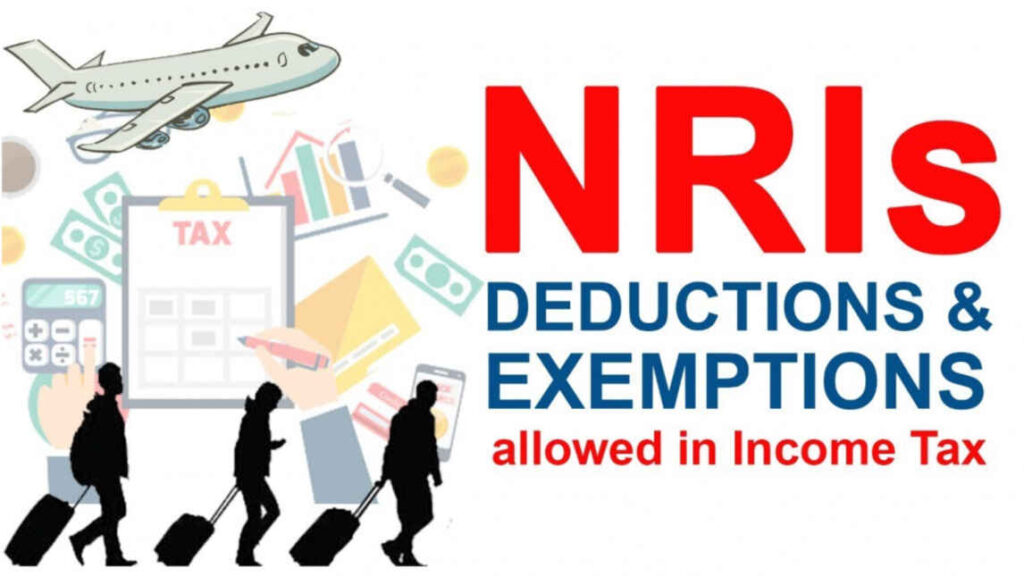Rules for Advance Tax Payment for Salaried Employees, Senior Citizens, Non-Resident Indians, and Professionals – Key Points

Rules for Advance Tax Payment: If a person’s annual tax liability exceeds Rs 10,000, they are all obligated to pay advance tax, including salaried staff. Employers often take the advance tax out of salaried workers’ monthly paychecks and send it to the tax division.
The ceiling of Rs 10,000 or more, according to Archit Gupta, founder and CEO of Clear, is determined after subtracting all tax credits, such as TDS, TCS, foreign tax credit, Section 89 relief, etc., from the initial projected tax due.
Here are the guidelines for advance tax payments for professionals, NRIs, senior citizens, and those who make a salary.
Rules for Advanced Tax Payments for Salary Earners
Employers withhold taxes from salaries, so there is no need to worry about paying taxes in advance. However, it should be emphasized that when a change in employment occurs during the year, there is a significant chance that the new employer, not knowing about the prior job, calculated tax improperly and withheld tax based on that.
“In this situation, it is suggested that the person double-check the tax calculation and notify the new employer. The person can take matters into their own hands and pay the tax on their own to avoid the interest on non-payment of advance tax if they are not deducting it as they should be, according to Gupta.
Professional Advance Tax Payment Rules
According to Gupta, professionals who choose presumptive taxation must pay the whole amount of advance tax by the 15th of March of the relevant financial year, as opposed to the quarterly advance tax payments required of all other assessees.
NRI Advance Tax Payment Rules
The advance tax rules apply to you in the same manner they do to other resident assessees. An NRI must pay their tax in advance if their projected tax bill for the year is Rs. 10,000 or above.
Senior Citizen Advance Tax Payment Regulations
A senior who is a tax resident (i.e., a person who was at least 60 years old during the applicable financial year) and who does not earn money through a business or profession is not required to pay advance tax.